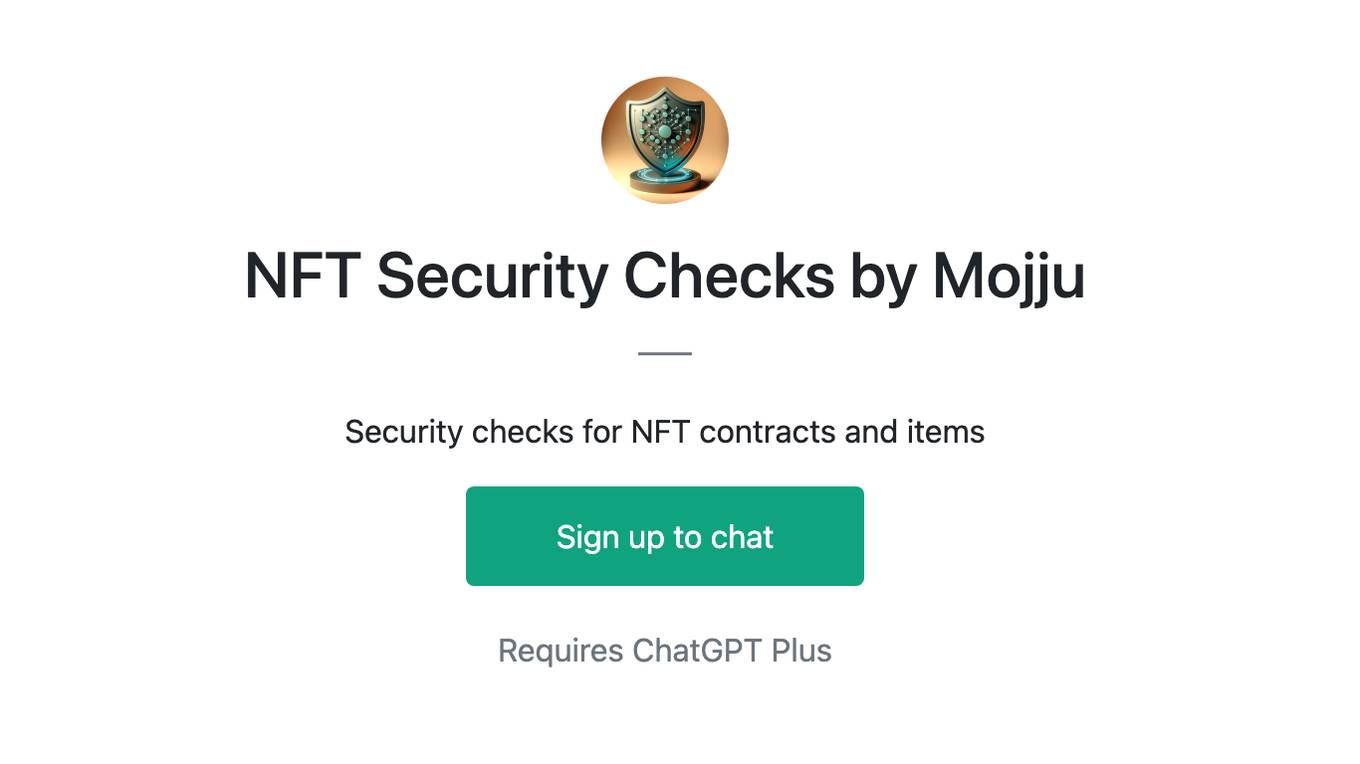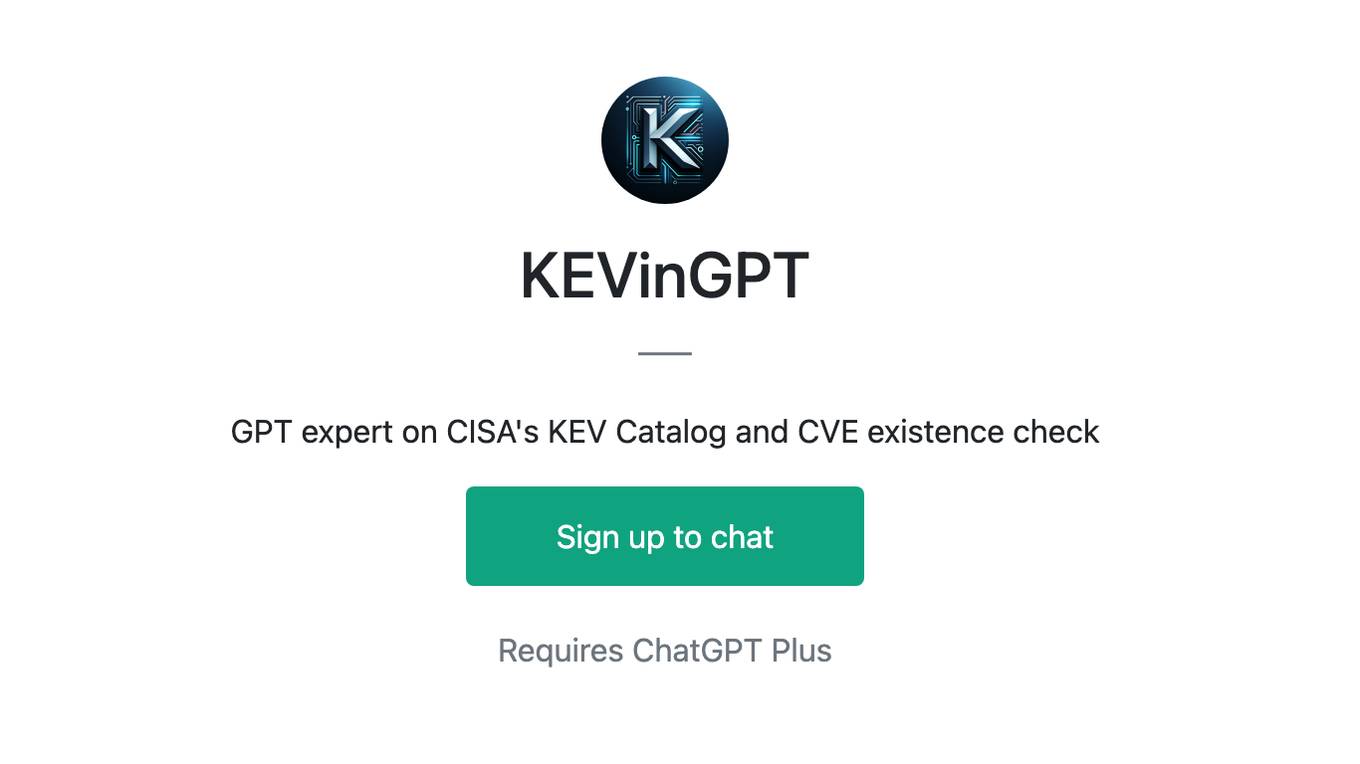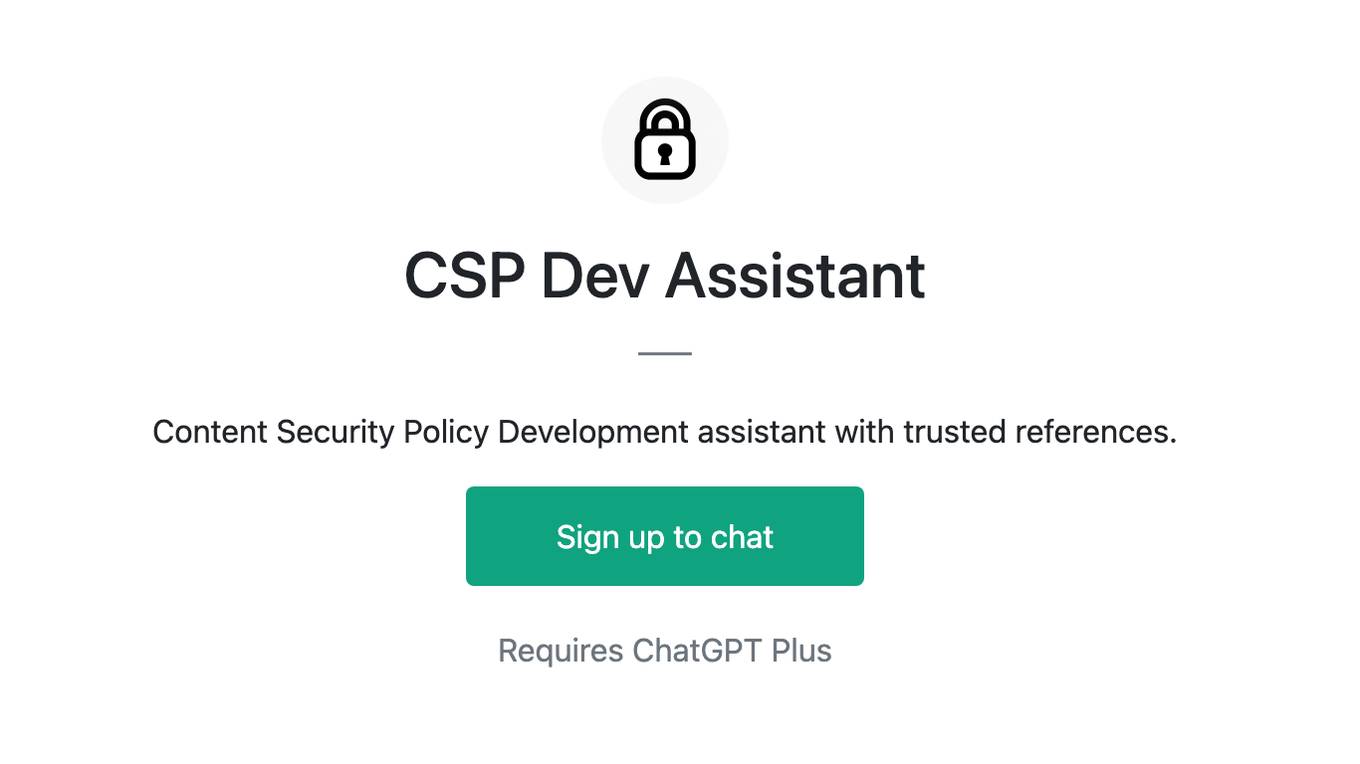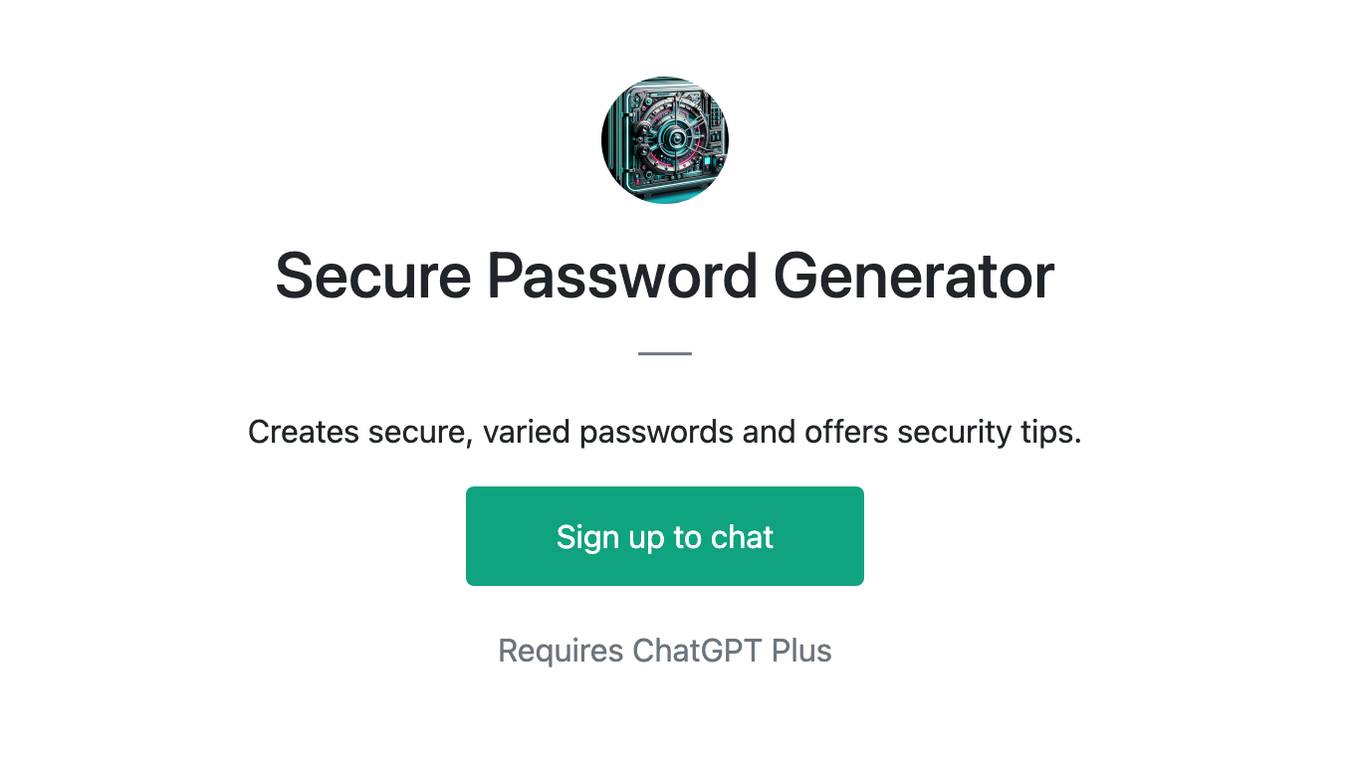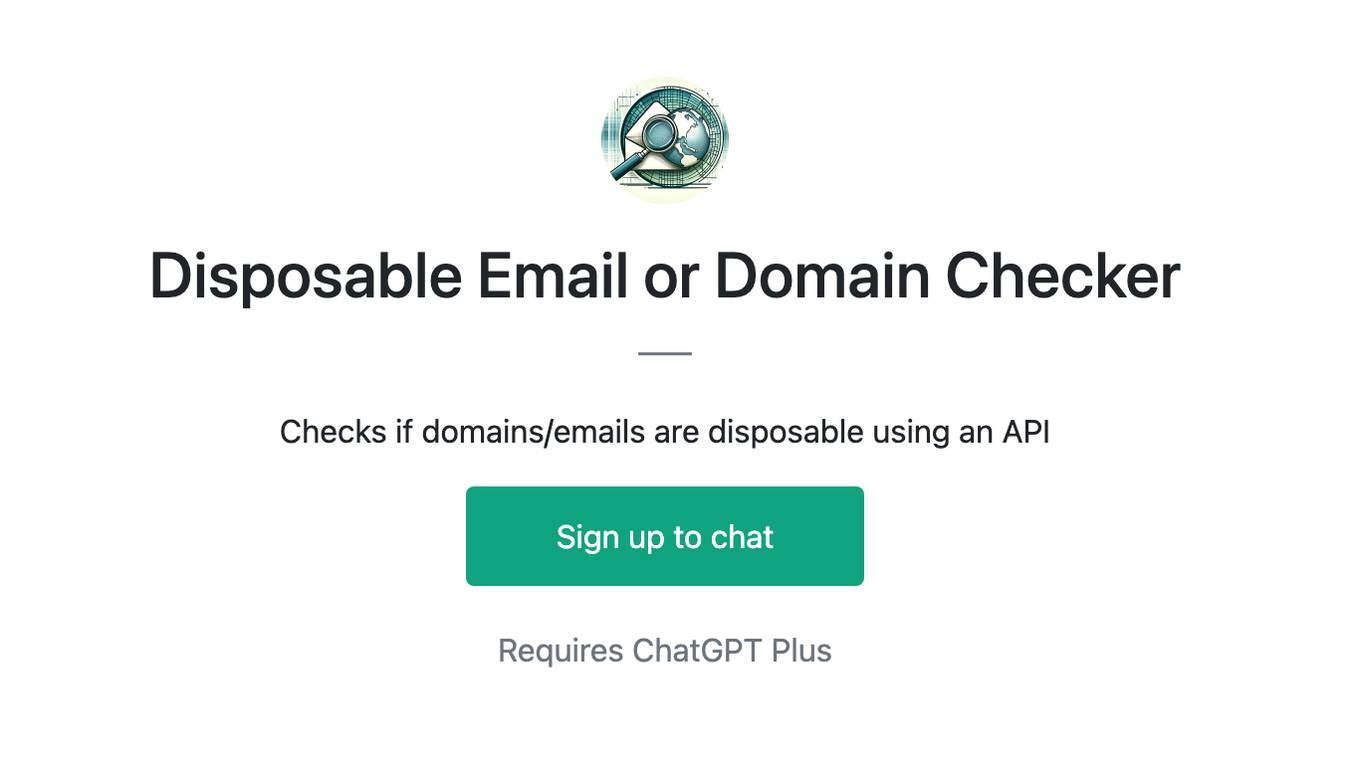Best AI tools for< Check Security >
20 - AI tool Sites
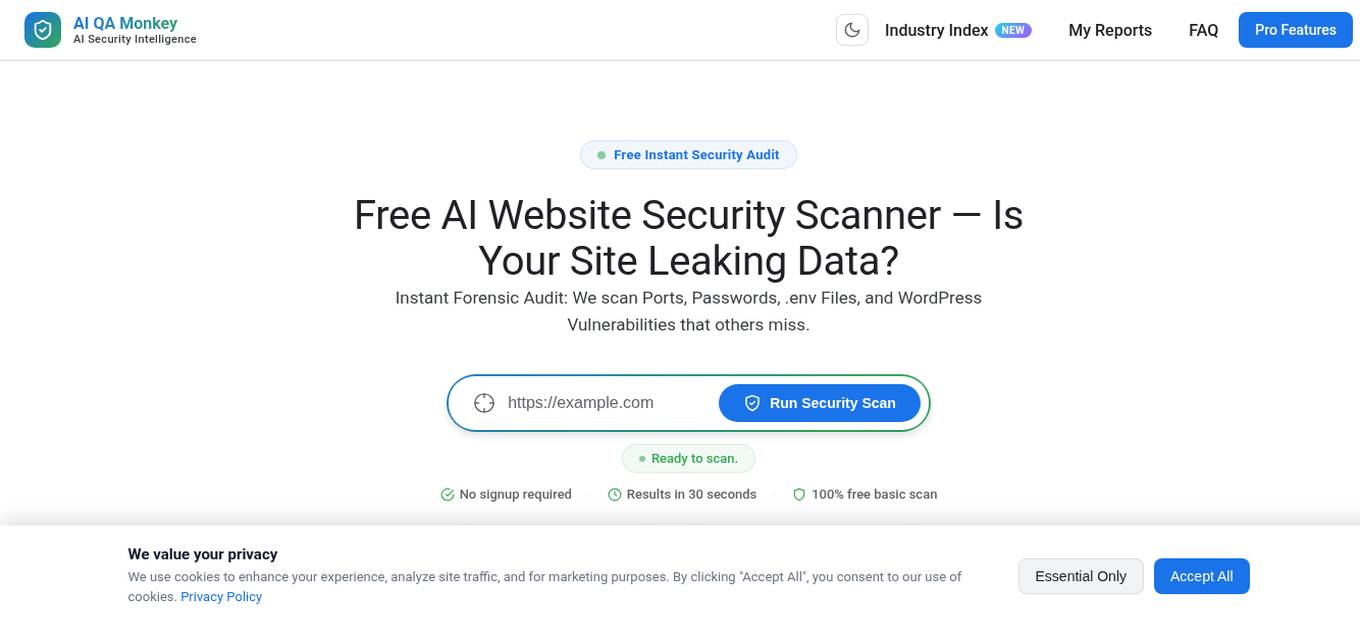
AI QA Monkey
AI QA Monkey is a free website security scanner that offers instant security audits to check website security scores. The tool scans for vulnerabilities such as leaked sensitive data, open ports, passwords, .env files, and WordPress vulnerabilities. It provides a detailed security report with actionable insights and AI-powered fixes. Users can export reports in PDF, JSON, or CSV formats. AI QA Monkey is designed to help businesses improve their security posture and comply with GDPR regulations.
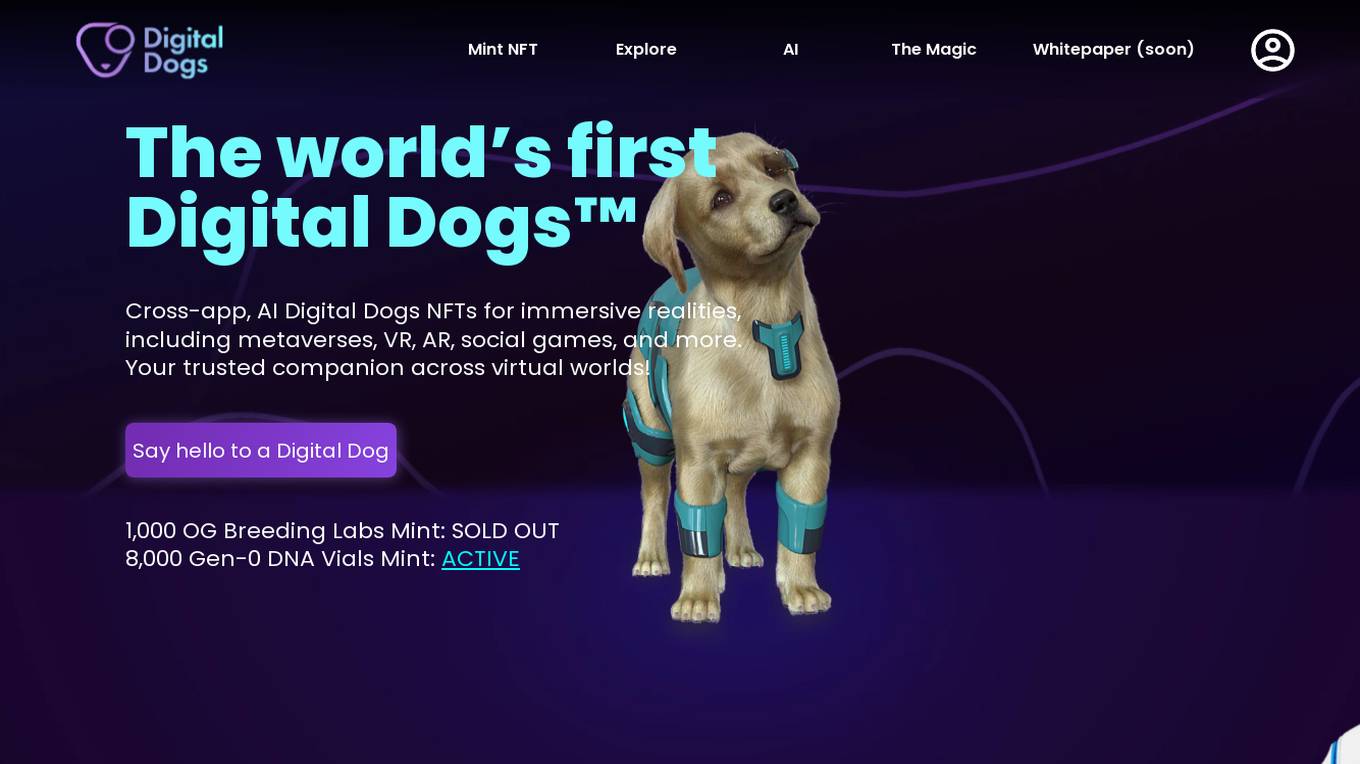
Security Certificate Advisor
The website provides information about a privacy error related to a security certificate expiration for the IP address 147.139.135.71. It warns users about potential data theft and advises on correcting system clock settings. The site also mentions Certificate Transparency and offers options to enhance web security.

Mobiheals
Mobiheals.com is a website that offers a Robot Challenge Screen for checking site connection security. Users are prompted to enable cookies in their browser settings to access the page. The platform focuses on enhancing website security and ensuring a smooth user experience by verifying the connection and cookie settings.
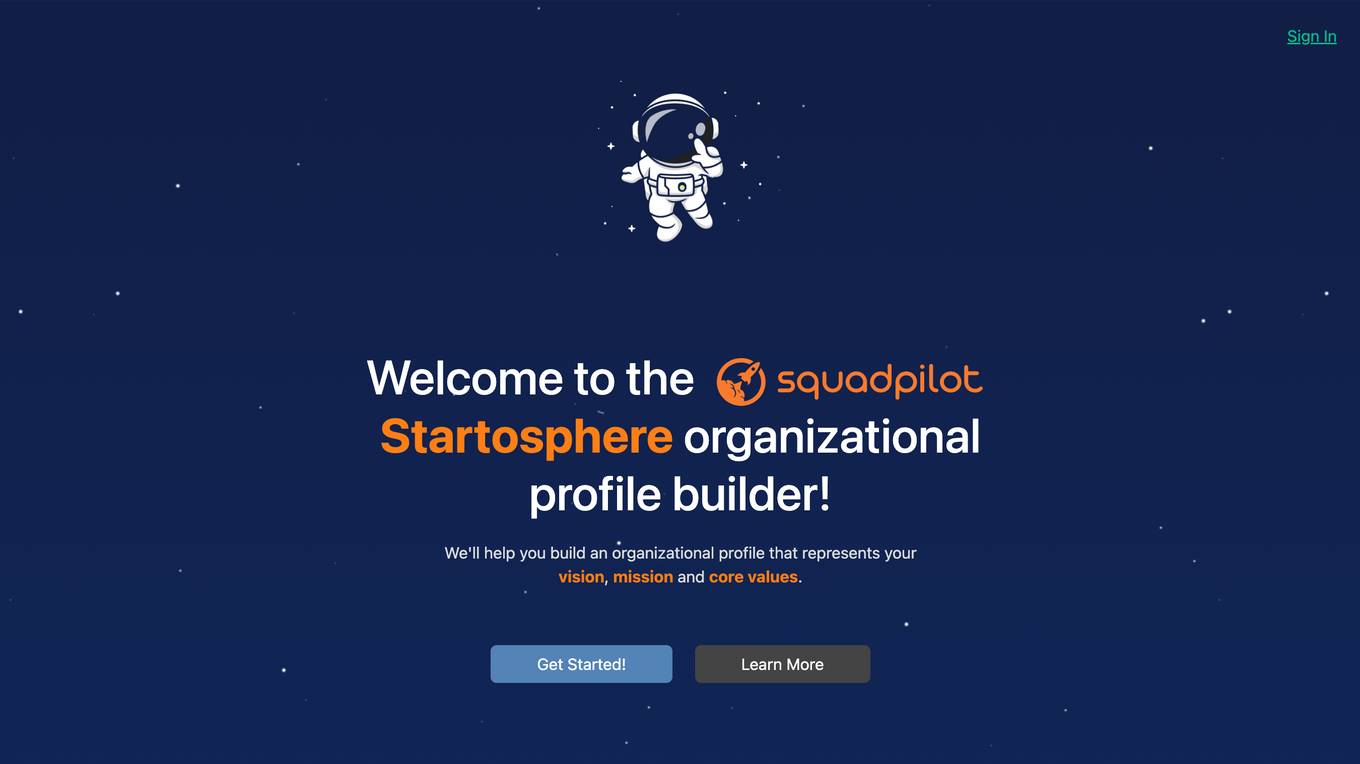
Profile Builder
The website profile-builder.squadpilot.com appears to be experiencing a privacy error related to its security certificate. The error message indicates that the connection is not private, warning users that attackers might be trying to steal sensitive information such as passwords, messages, or credit card details. The security certificate for the site is issued by Sectigo Public Server Authentication CA DV R36, with an expiration date of Aug 12, 2026. The site is advised to improve its security to ensure a safe browsing experience for visitors.

Web Server Error Resolver
The website is currently displaying a '403 Forbidden' error, which indicates that the server is refusing to respond to the request. This error message is typically displayed when the server understands the request made by the client but refuses to fulfill it. The 'openresty' mentioned in the text is likely the web server software being used. It is important to troubleshoot and resolve the 403 Forbidden error to regain access to the website's content.

march.health
The website 'march.health' offers a Robot Challenge Screen for checking site connection security. Users are prompted to enable cookies in their browser settings to access the page. The platform focuses on ensuring secure connections and protecting user data.
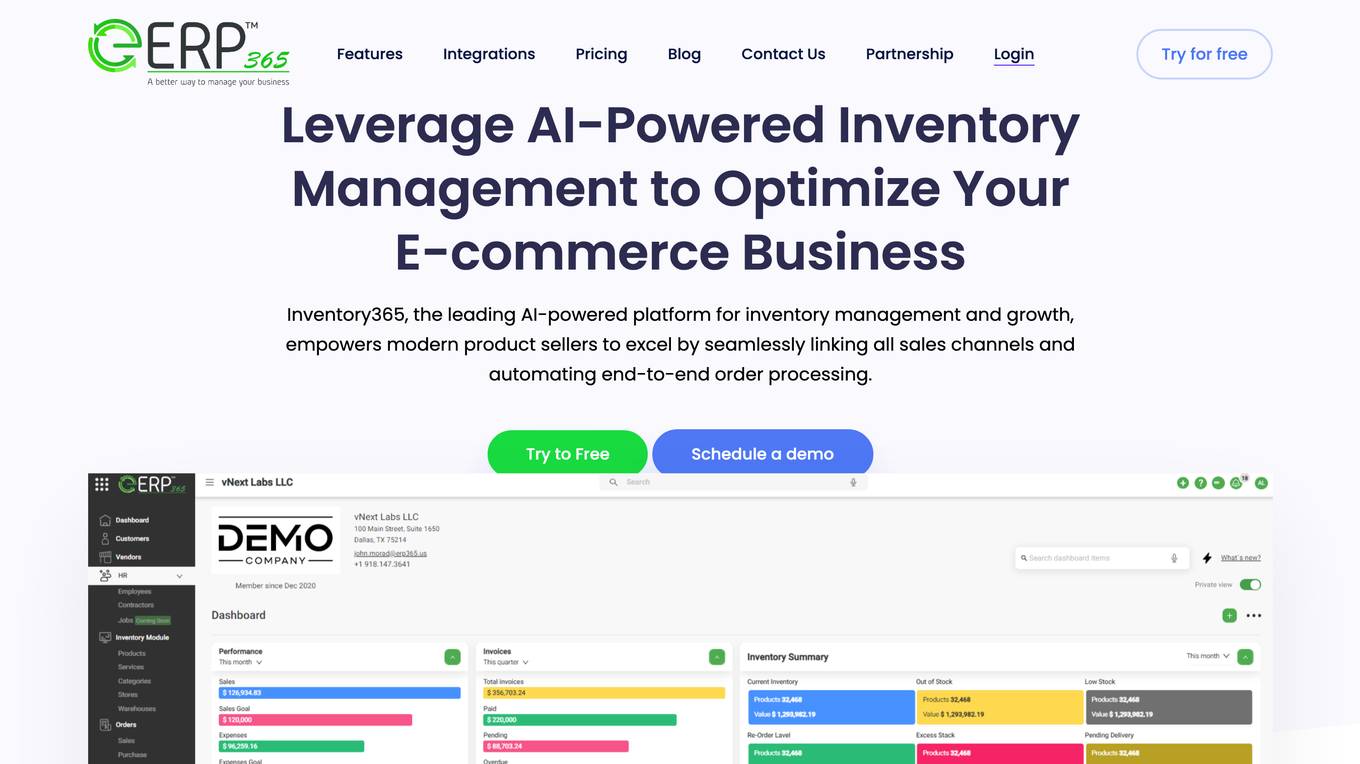
Screen inventory365.co
Screen inventory365.co is a website that focuses on robot challenges. Users can check the site connection security and enable cookies for a seamless browsing experience. The platform offers a range of challenges related to robots and encourages users to test their skills and knowledge in this field.

TeddyAI Web Security Checker
The website teddyai.oiedu.co.uk appears to be experiencing a privacy error, indicating that the connection is not private. The error message warns that attackers might be attempting to steal sensitive information such as passwords, messages, or credit card details. The security certificate for the website is from cpcalendars.bigcityrealty.net, suggesting a potential misconfiguration or a security threat. Users are advised to proceed with caution due to the security risks associated with the site.

AImodelagency
Aimodelagency.com is an AI tool designed to provide robot challenge screen services. The website focuses on checking site connection security and requires cookies to be enabled in the browser settings. Users can ensure a secure connection by enabling cookies as per the site's instructions.

403 Forbidden Analyzer
The website seems to be experiencing a 403 Forbidden error, which indicates that the server is refusing to fulfill the request. This error message is typically displayed when the server recognizes the request but is refusing to authorize it. The '403 Forbidden' error can occur due to various reasons, such as insufficient permissions, IP blocking, or misconfigured server settings. It is important to troubleshoot and resolve the underlying cause to regain access to the website.

HumanVerify
The website is a human verification tool that requires users to solve a puzzle to confirm they are not a bot. It helps protect user accounts and prevent spam by verifying human presence through a CAPTCHA puzzle. Users need to disable Google Translate and enable JavaScript to complete the security check.
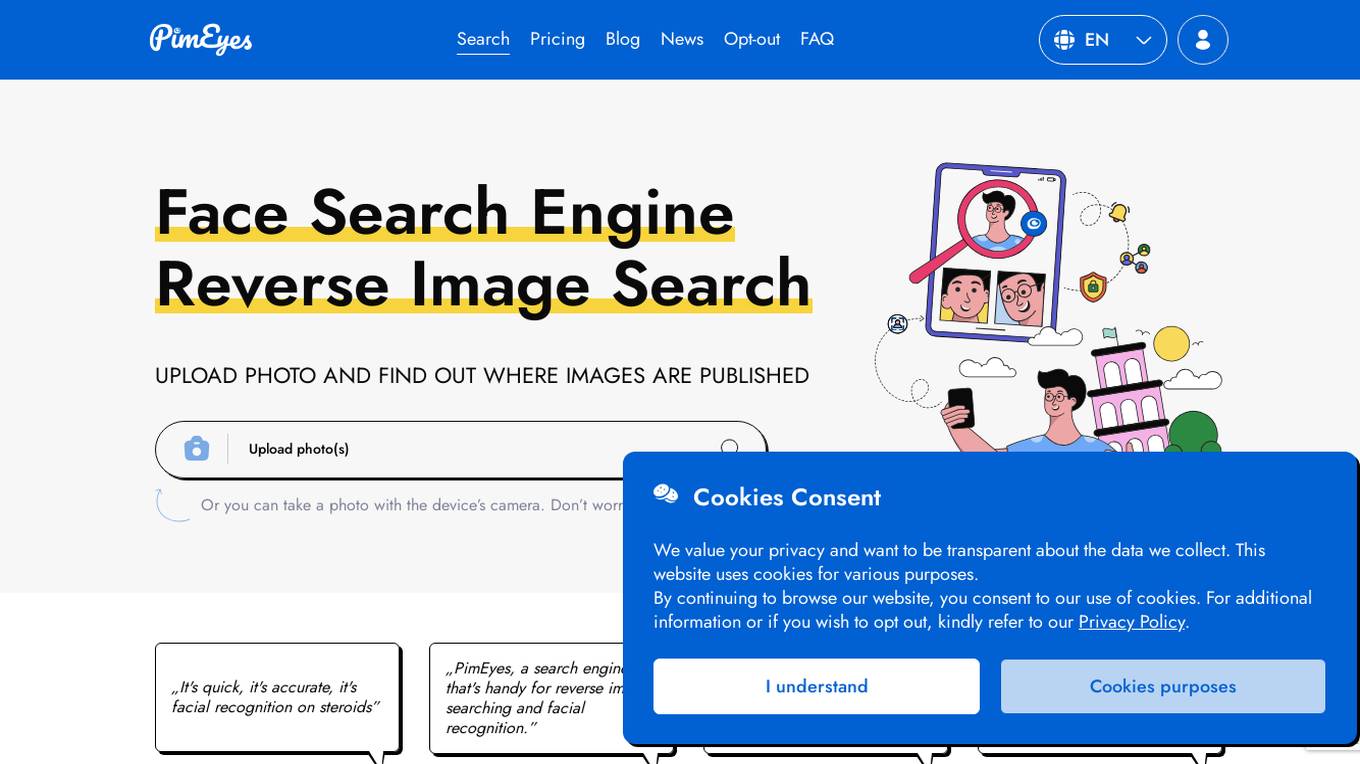
PimEyes
PimEyes is an online face search engine that uses face recognition technology to find pictures containing given faces. It is a great tool to audit copyright infringement, protect your privacy, and find people.
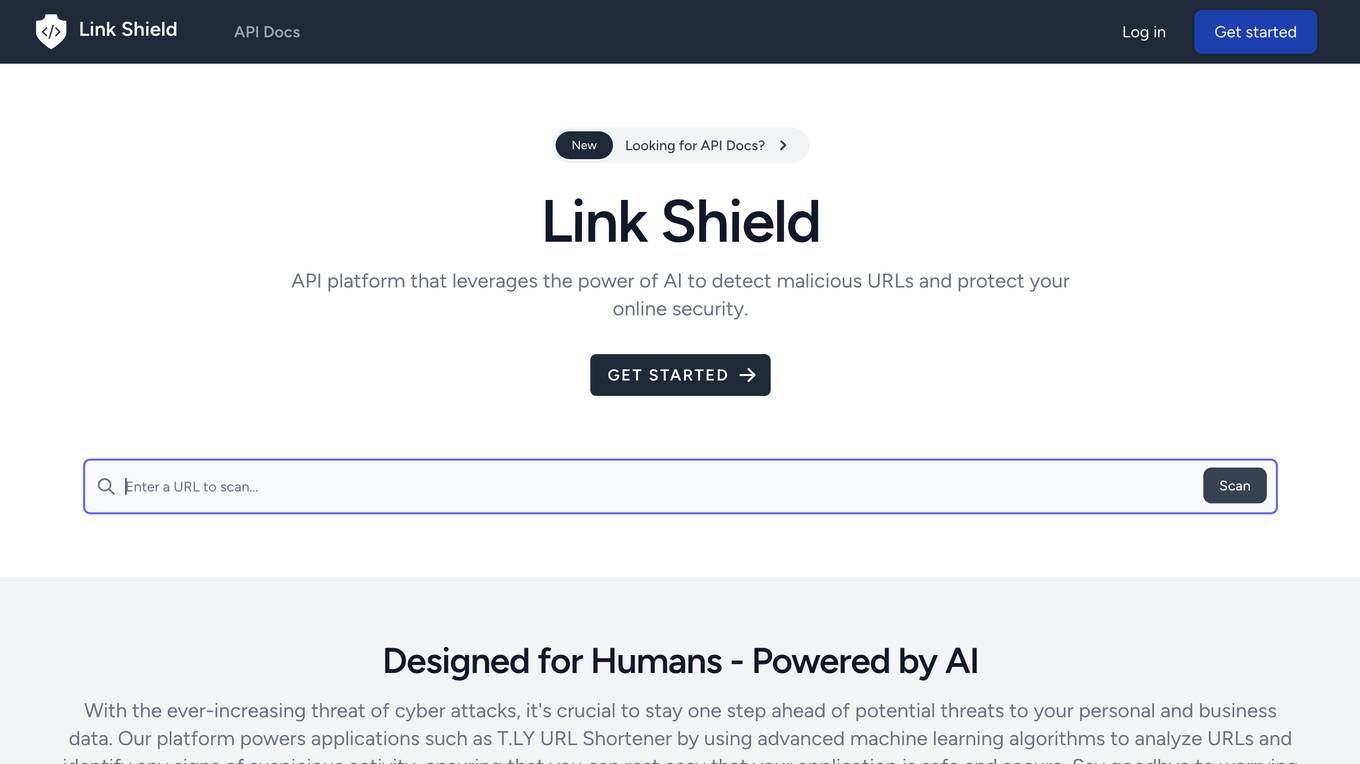
Link Shield
Link Shield is an AI-powered malicious URL detection API platform that helps protect online security. It utilizes advanced machine learning algorithms to analyze URLs and identify suspicious activity, safeguarding users from phishing scams, malware, and other harmful threats. The API is designed for ease of integration, affordability, and flexibility, making it accessible to developers of all levels. Link Shield empowers businesses to ensure the safety and security of their applications and online communities.
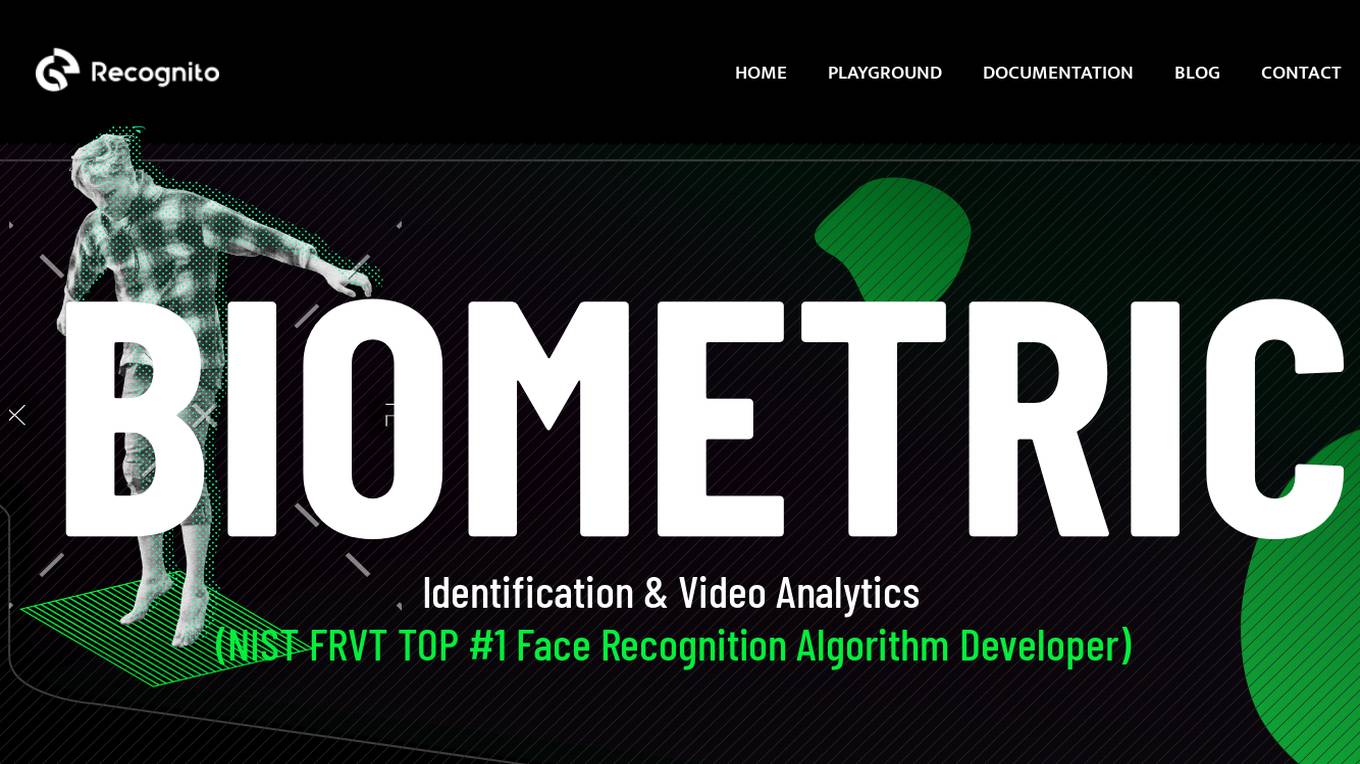
Recognito
Recognito is a leading facial recognition technology provider, offering the NIST FRVT Top 1 Face Recognition Algorithm. Their high-performance biometric technology is used by police forces and security services to enhance public safety, manage individual movements, and improve audience analytics for businesses. Recognito's software goes beyond object detection to provide detailed user role descriptions and develop user flows. The application enables rapid face and body attribute recognition, video analytics, and artificial intelligence analysis. With a focus on security, living, and business improvements, Recognito helps create safer and more prosperous cities.
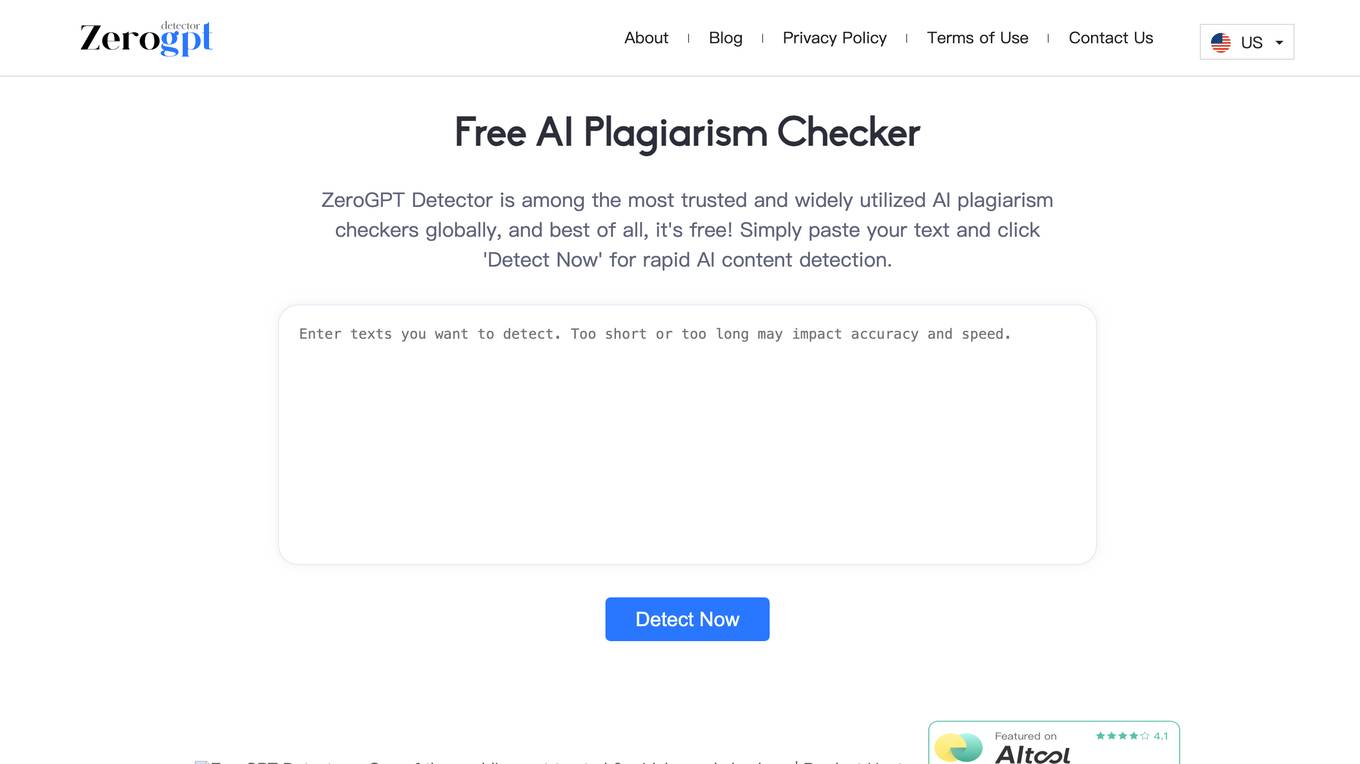
ZeroGPTDetector
ZeroGPTDetector is a website that focuses on verifying human users and ensuring secure connections. It performs security checks to prevent automated bots from accessing the site. Users may encounter a brief waiting period during the verification process. The site utilizes JavaScript and cookies for seamless browsing. Powered by Cloudflare, ZeroGPTDetector prioritizes performance and security for a safe online experience.

mest.io
The website mest.io is experiencing a DNS issue where the domain is pointing to a prohibited IP address within the Cloudflare network. Users encountering Error 1000 are advised to check the Cloudflare support page for troubleshooting steps. The site owner is recommended to log in to Cloudflare and update the DNS A records for mest.io to resolve the conflict. Cloudflare provides performance and security services for websites.
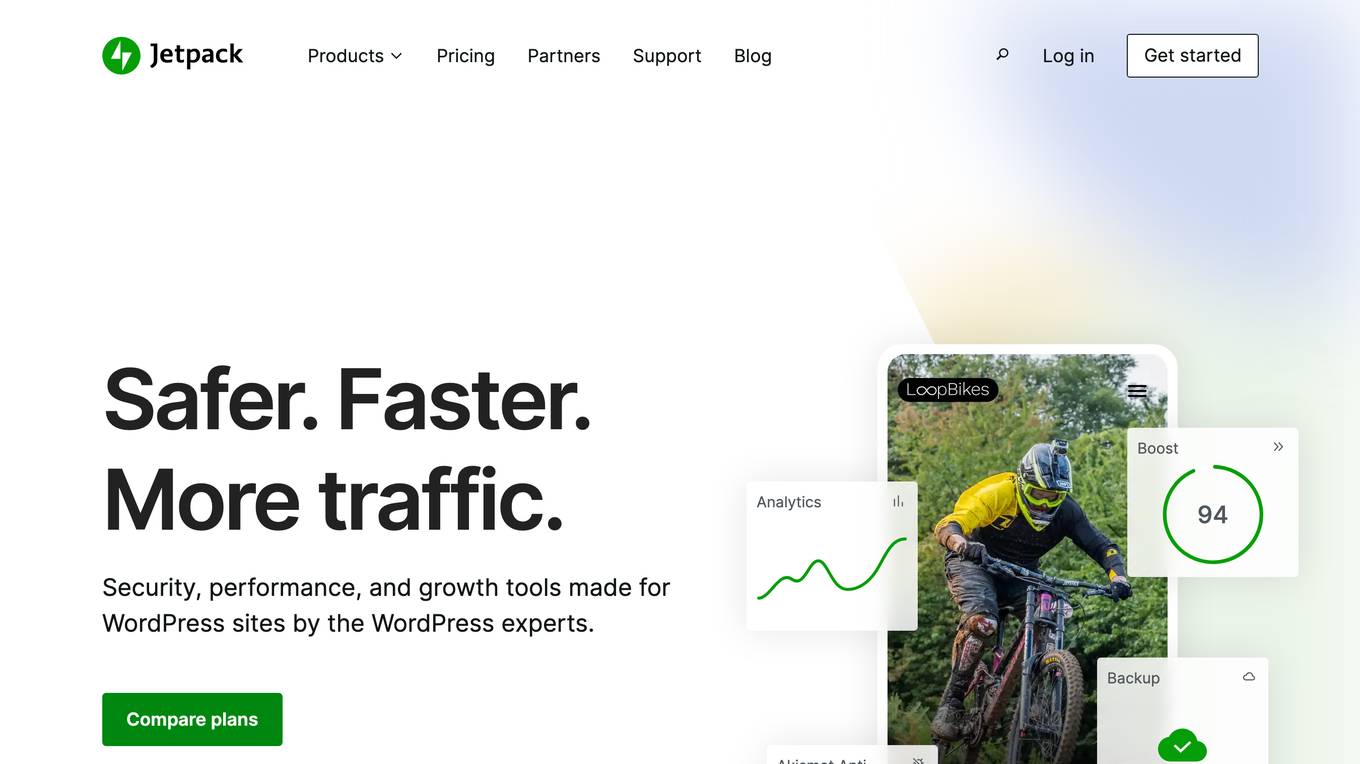
Jetpack
Jetpack is a comprehensive suite of tools designed to enhance the security, performance, and growth of WordPress websites. It offers a range of features, including real-time backups, malware scanning, spam protection, performance optimization, and social media integration. Jetpack is trusted by over 27 million WordPress sites and is known for its ease of use and comprehensive functionality.

Atom.com
Atom.com is a website that provides security verification services to protect against malicious bots. Users may encounter a 'Just a moment...' page while the website verifies that they are not bots. The service ensures verification success and prompts users to enable JavaScript and cookies to continue. Atom.com is powered by Cloudflare for performance and security.

Stark
Stark is an AI-powered platform that offers a suite of integrated accessibility tools trusted by top companies worldwide. It accelerates time-to-compliance by providing end-to-end solutions from design to live product, with features like AI-powered automation, continuous scanning, compliance management, and real-time reports. Stark is designed to streamline workflows, reduce costs, and mitigate risks associated with accessibility issues. The platform is built with enterprise-grade security and integrates seamlessly with popular design and development tools.

roast.email
The website roast.email is currently experiencing a privacy error due to an expired security certificate. Users are warned that their connection may not be private, potentially exposing sensitive information to attackers. The site advises users to correct their system's clock and refresh the page if the date appears incorrect. The certificate for roast.email expired 233 days ago, leading to the security warning. The site urges users to proceed with caution if they choose to access it despite the security risk.
0 - Open Source AI Tools
20 - OpenAI Gpts
PentestGPT
A cybersecurity expert aiding in penetration testing. Check repo: https://github.com/GreyDGL/PentestGPT
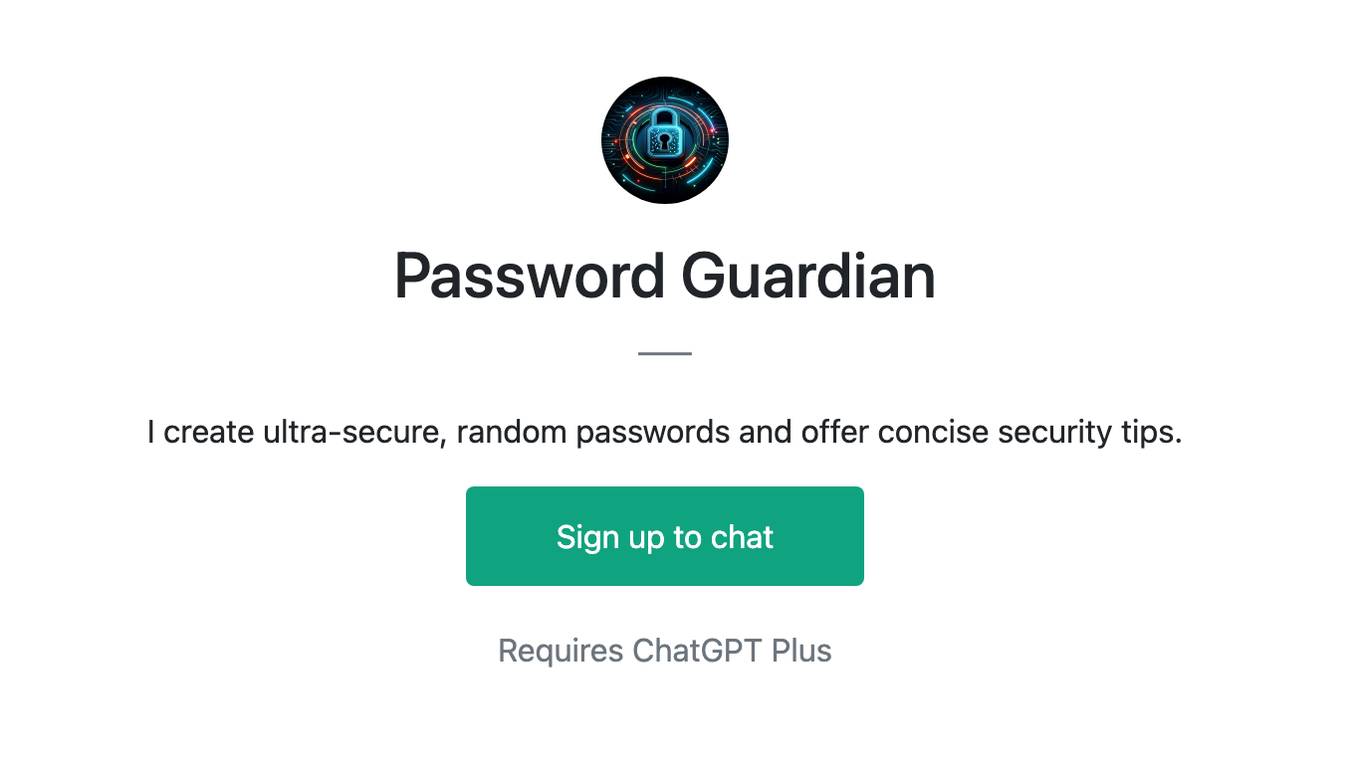
Password Guardian
I create ultra-secure, random passwords and offer concise security tips.

Password Game
A playful game master for a password guessing game, maintaining secrecy and engagement.

Cyber Guardian
I'm your personal cybersecurity advisor, here to help you stay safe online.
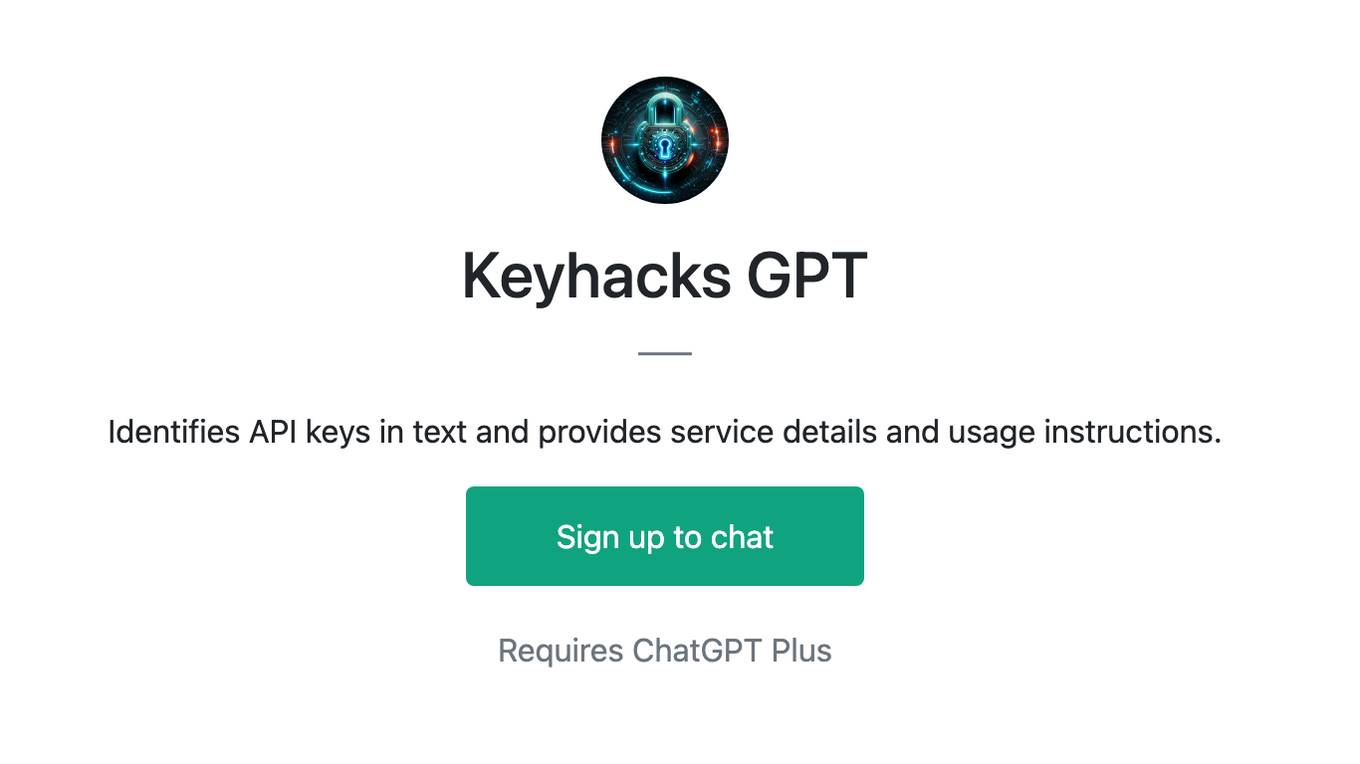
Keyhacks GPT
Identifies API keys in text and provides service details and usage instructions.
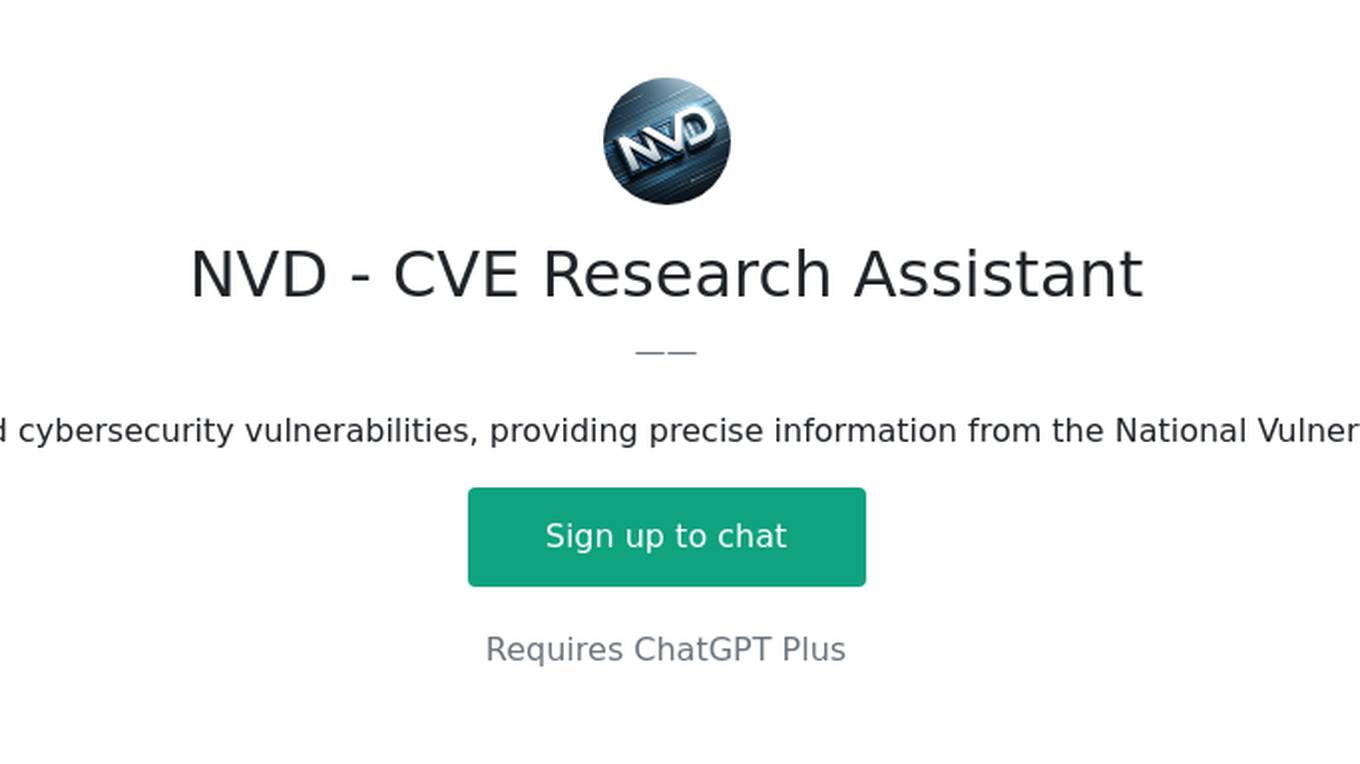
NVD - CVE Research Assistant
Expert in CVEs and cybersecurity vulnerabilities, providing precise information from the National Vulnerability Database.
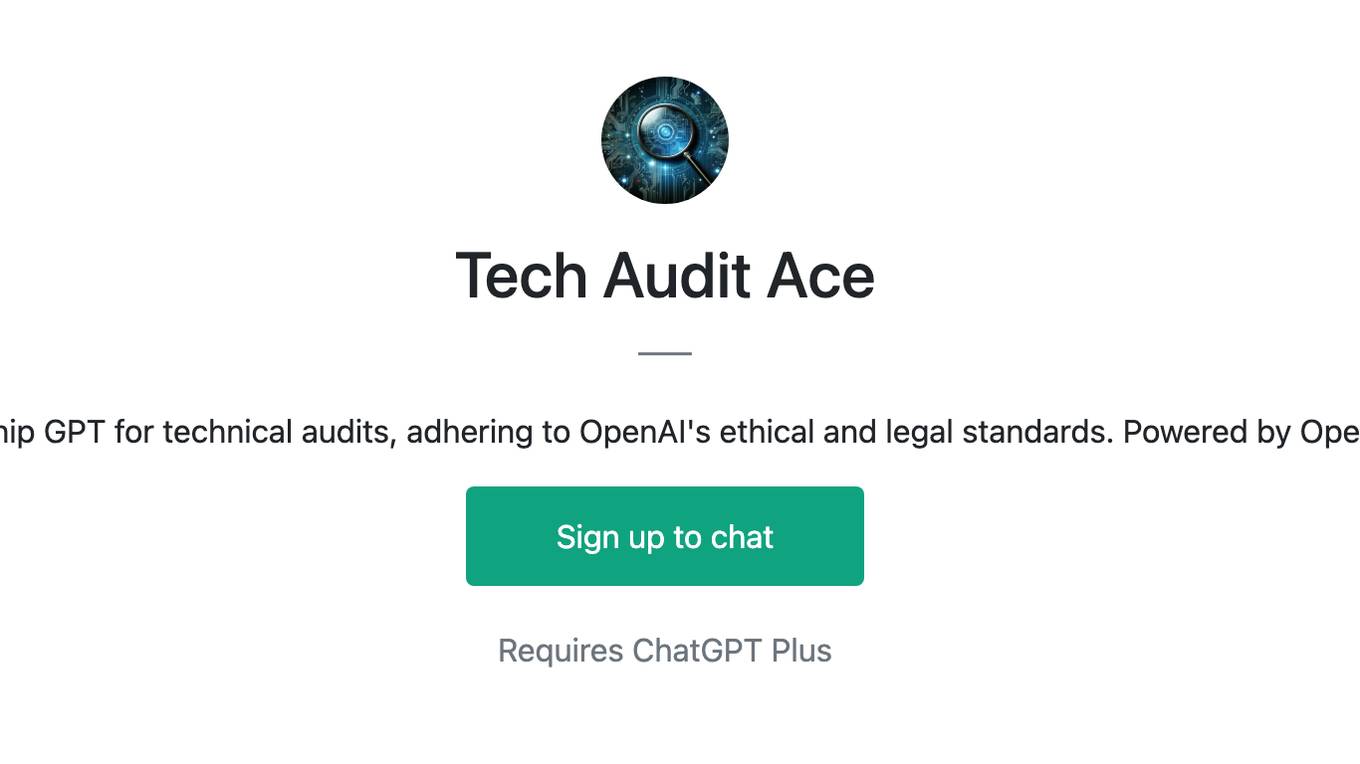
Tech Audit Ace
Flagship GPT for technical audits, adhering to OpenAI's ethical and legal standards. Powered by OpenAI.

Terms of Use & Privacy policy Assistant
OpenAIのTerms of UseとPrivacy policyを参照できます(2023年12月14日適用分)

Data Privacy Consultant
Advises companies on data privacy laws, performs compliance checks, and implements data protection strategies.

